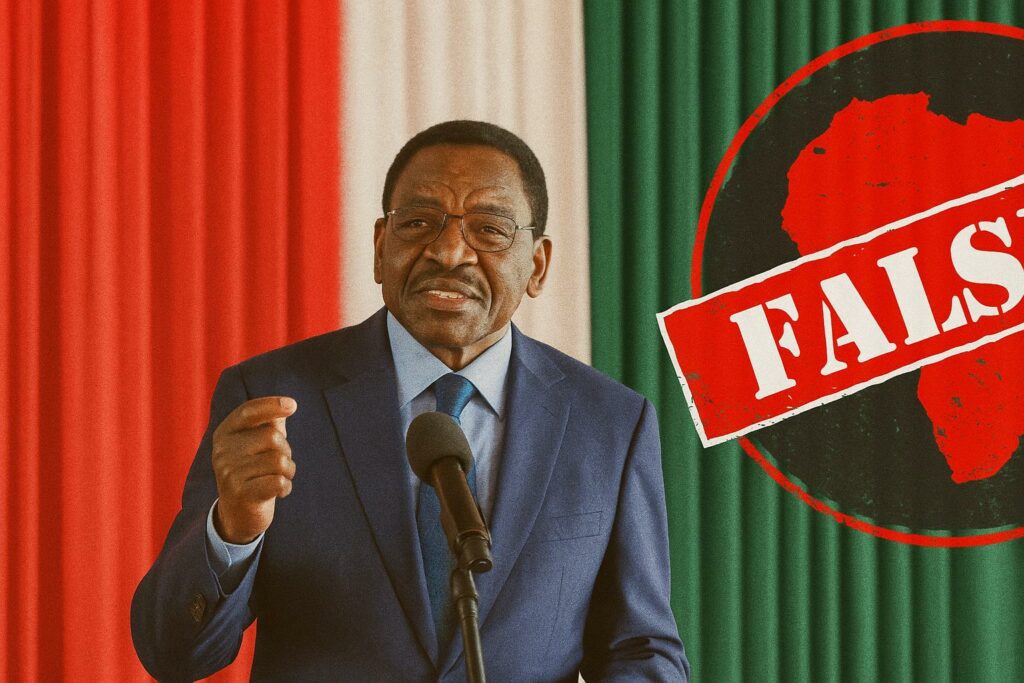A Tragic Incident Stirring Controversy
The death of Kenyan blogger Albert Ojwang has ignited a national uproar, not just due to the circumstances of his demise but also due to a quote wrongly linked to Siaya Governor James Orengo. Arrested in early June 2025 over defamation allegations made by Eliud Lagat, the deputy inspector general of police, Ojwang’s death in police custody following a transfer to Nairobi has raised serious questions about police accountability and brutality. An official autopsy contradicted the police account, revealing evidence of violent assault leading to public outcry and demands for justice from human rights organizations.
The Problematic Quote and Political Reactions
A quote portraying Orengo as condemning the brutality faced by Ojwang circulated widely, depicting the governor in a light of empathetic outrage. The quote, however, was promptly dismissed by Orengo as fake through his official social media channels, sparking further queries and debates within the Kenyan public discourse. These developments echo the broader political context in Kenya, where the friction between active political roles and opposition criticism remains pronounced, especially amid such high-profile incidents.
Examining Authenticity and Intent
The spurious nature of the quote was swiftly apparent, notably due to its grammatical inaccuracies, deemed uncharacteristic for a seasoned lawyer like Orengo. The incident accentuates the complexities of political narrative in Kenya, where misinformation can easily fan the flames of discord. As other opposition leaders openly criticized the police for Ojwang’s death, Orengo’s fabricated quote seems designed to exert undue political pressure and perhaps distract from the ongoing investigations and calls for accountability.
A Call for Justice Amidst Political Complexity
James Orengo is a notable figure within the Orange Democratic Movement, an influential entity within Kenya’s political sphere. His political journey, steeped in activism against regressive regimes like that of former President Daniel Moi, underscores the profound struggle against systemic injustice in Kenya—a struggle that continues to resonate amid modern woes. While Lagat’s temporary resignation to facilitate inquiries seems procedural, it is the resolution and transparency desired by the public and human rights entities that remain awaited.
Concluding Thoughts on Narratives and Governance
The broader implications of this episode lie within the interplay of governance, opposition, and media influence in Kenya, realms where narratives can shift rapidly and with potent consequence. The incident reflects a critical juncture for the Kenyan government in addressing not only immediate injustices but also ensuring a robust dialogue between state mechanisms and civil responsibilities. Such incidents are reminders of the ongoing need for vigilant journalism and political transparency to prevent misinformation from overshadowing the pursuit of justice and reform.

